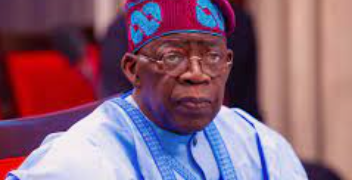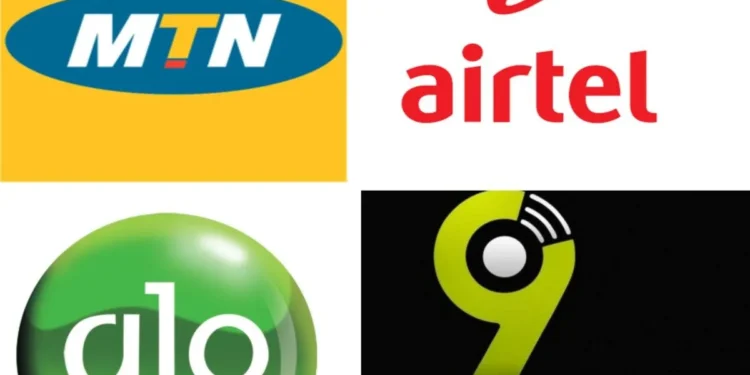The National Association of Telecoms Subscribers (NATCOMS) and the Association of Telephone, Cable TV, and Internet Subscribers of Nigeria have both voiced their opposition to the tariff hike. However, they have also criticized the Nigerian Labour Congress (NLC) for its planned nationwide protests, urging the union to focus on its primary role of protecting workers’ welfare rather than interfering in telecom matters.
Tariff Hike Details
The NCC approved the tariff hike on January 20, marking the first adjustment since 2013. The minimum cost of phone calls increased from ₦6.40 to ₦9.60 per minute, as part of efforts to bridge the gap between rising operational costs and revenue challenges faced by telecom operators.
Telecom operators initially proposed a 100% hike, citing inflation, fluctuating exchange rates, and high operational expenses. The NCC settled for a 50% adjustment.
NATCOMS President Adeolu Ogunbanjo stated that discussions with the NCC are ongoing. He warned that if the commission fails to respond favorably by Wednesday, NATCOMS will release a communique and consider legal action to seek a reduction to a 10% hike.
Opposition to NLC’s Protest Plans
Both advocacy groups dismissed the NLC’s protest threat as unproductive. Ogunbanjo noted that telecom operators are private businesses, not government entities, and should not be targeted by labour unions. He urged the NLC to seek balanced solutions that address the concerns of both consumers and operators.
Similarly, the National President of the Association of Telephone, Cable TV, and Internet Subscribers, Sina Bilesanmi, argued that the NLC’s involvement in telecom issues exceeds its jurisdiction. He emphasized that advocacy groups are already addressing subscribers’ concerns and working to ensure better service delivery.
Labour Union’s Position
NLC President Joseph Ajaero criticized the Federal Government for prioritizing revenue generation over citizens’ welfare by supporting the tariff hike. Speaking on Arise TV, Ajaero argued that the hike disproportionately affects low-income earners already struggling with inflation and high living costs.
Ajaero described the tariff hike as unjust, claiming it would push Nigerians further into poverty while benefiting private telecom companies. He also urged the government to promote local manufacturing of telecom equipment to reduce costs.
The NLC has called for a nationwide boycott of telecom services to protest the hike, stressing that telecom services are now a basic necessity.
Subscribers’ Call for Balance
While supporting the telecom industry’s need for sustainability, subscribers insist on affordable tariffs and improved services. Advocacy groups have asked the NCC to address both the financial pressures on operators and the economic realities faced by consumers.
As the deadline for a response from the NCC approaches, the nation watches closely for further developments in what could become a landmark case for consumer advocacy and regulatory intervention in Nigeria.
























